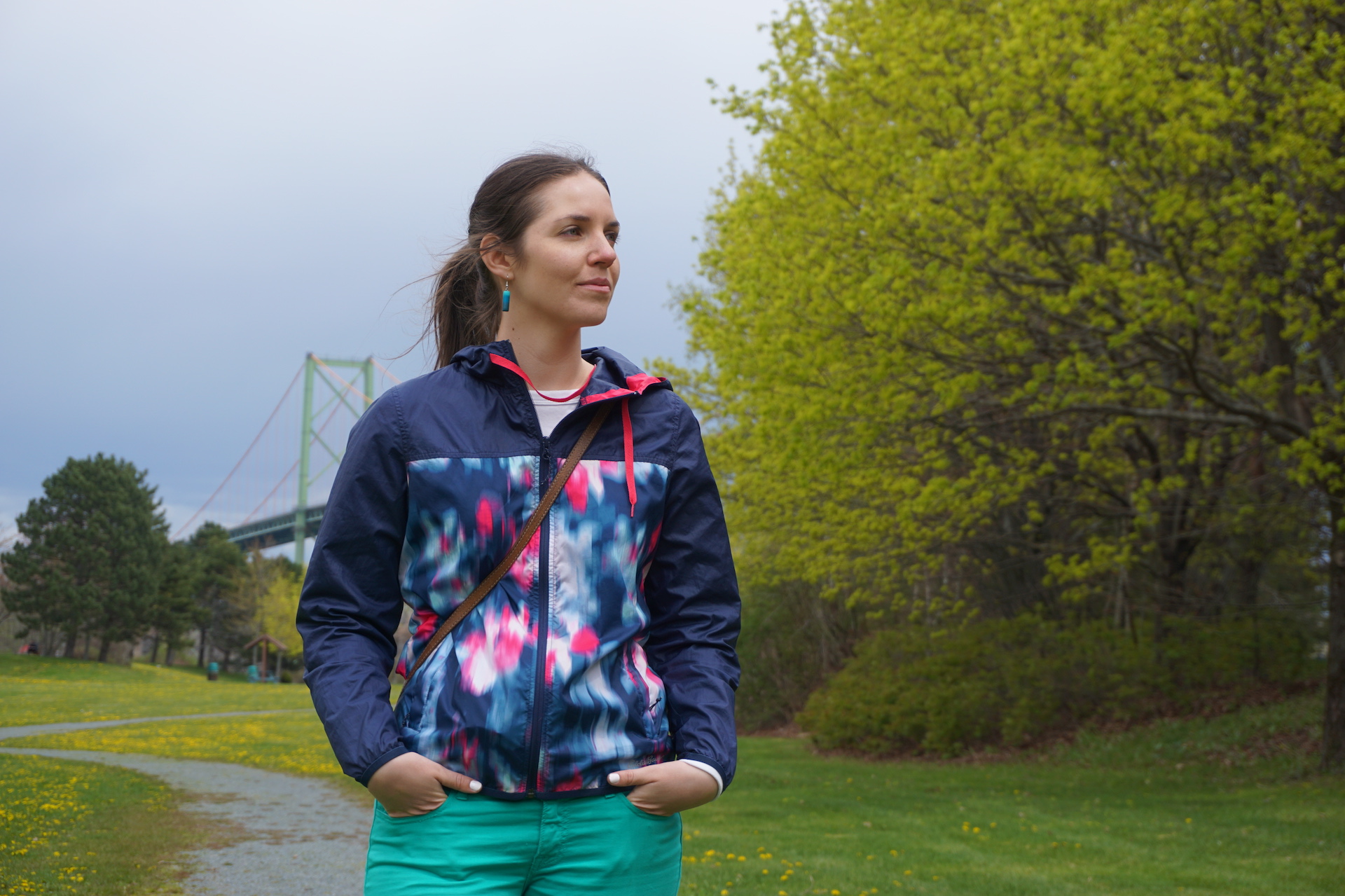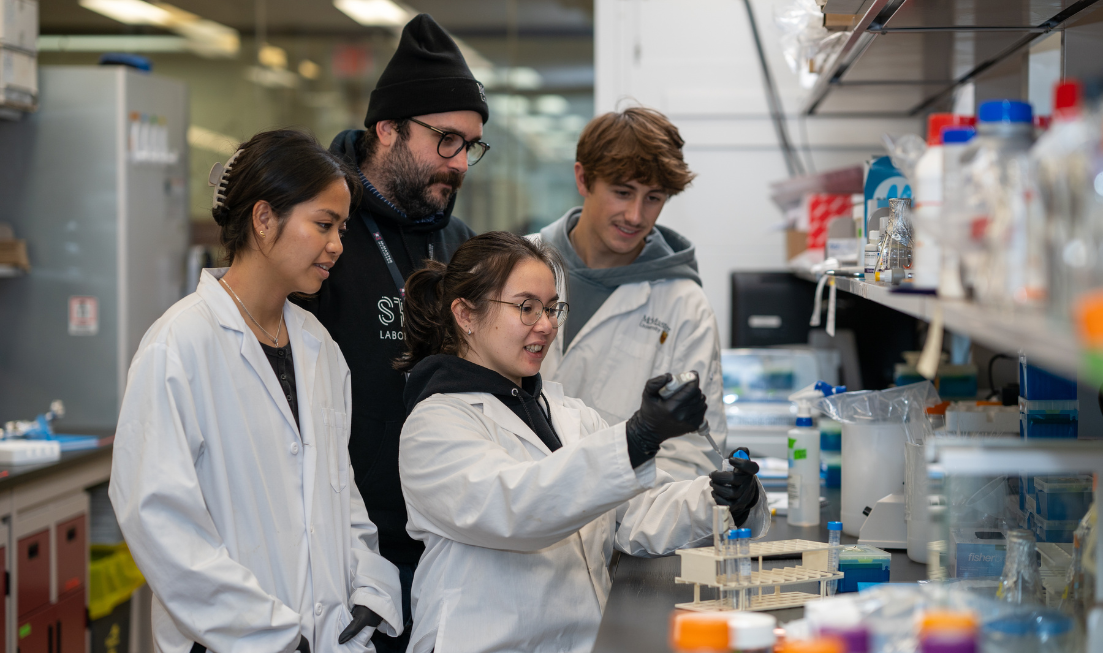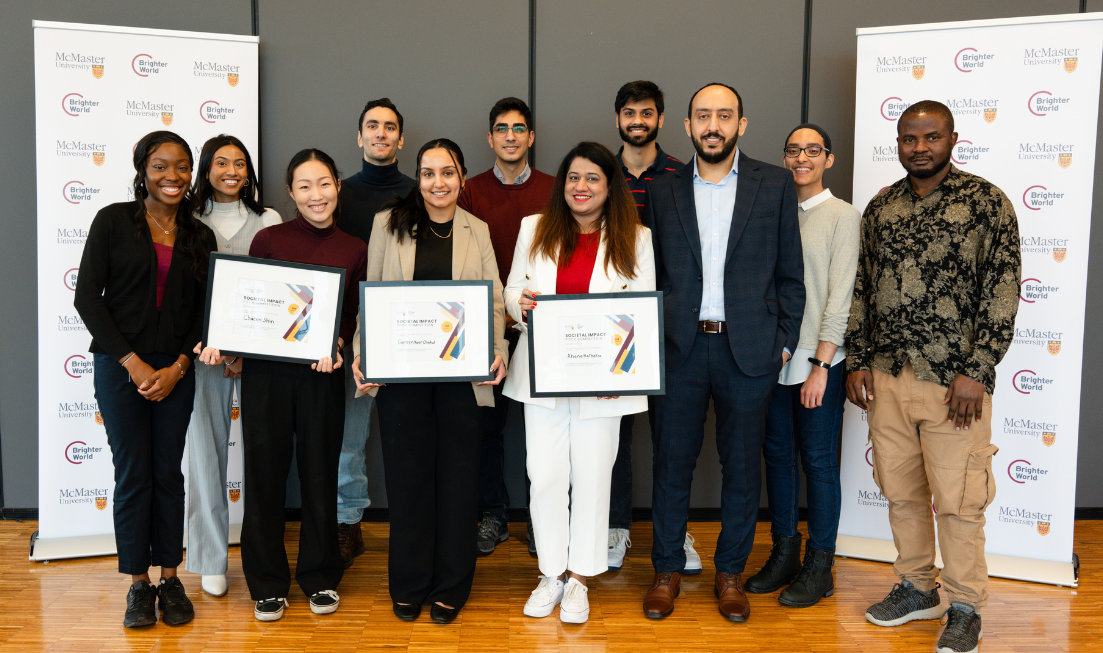Gaining international experience while working remotely – Q & A with MSc student Brenda Clement

Work-integrated learning is a core component of McMaster’s graduate Global Health program, which requires students to complete a ten-week practicum to gain hands-on experience in the global health field. Students work with organizations that put into practice the theory, concepts, and methods taught in the program with activities targeted to the United Nations’ Sustainable Development Goals.
This year, MSc students like Brenda Clement, are completing their experiential learning virtually due to the ongoing situation created by the COVID-19 pandemic.
Interested in aligning her previous experience working as a nurse in maternal health with Indigenous populations in Canada, she learned of the Tula Foundation (Tula). This exciting opportunity with Tula was presented by Dr. Christy Gombay who is the Assistant Director of the Global Health program at McMaster University and Program Director at Tula.
Tula is a philanthropic organization based in British Columbia, Canada, with its roots in the high-tech sector. The organization’s focus is to implement innovative strategies that improve health, reduce poverty, and build social justice and equity in marginalized communities around the world.
Currently, Brenda’s work with Tula involves conduction background research on Indigenous midwives in Guatemala and their relationship with the countries’ formal health system. She is also working on triangulating a future direction that aligns with Tula’s capacity, local communities, and the Ministry of Health in Guatemala.
Here are some of Brenda’s insights based on her experience with gaining international experience while working remotely:
What is your perspective on completing your placement remotely? Do you feel as if you are gaining international experience? I have been lucky to meet virtually with an anthropologist based out of Guatemala and I have supplemented my remote experience by reading Tula’s blog and consulting videos about their work, but I am definitely missing out on a lot of the context by not being in Guatemala. I am about half-way between feeling that I am gaining international experience and that working remotely is not quite enough.
What skills have you been able to build on or develop?
Knowledge translation has been a big piece for me – I am reading so much and trying to find ways to synthesize and present this information in a way that can inform practice. I am getting a better handle on Global Affairs Canada results-based reporting practices, as these are omnipresent when it comes to decision making. I also feel like I am beginning to understand the complexities of development work and how to navigate contradictory interests. I think my technical report writing skills are improving as well!
Do you think that your work-integrated learning opportunity has prepared (is preparing) you for the world of work after you graduate? If so, how?
I do! It has helped me to better understand what development work actually looks like in practice, which gives me a clearer vision of the future. I think my ability to critique development work is also improving and my values are becoming increasingly clear, which will inform what role I move into after graduation.
Any unexpected learning opportunity or fun experiences you can share?
I really enjoyed my meeting with the anthropologist in Guatemala. He helped to contextualize a lot for me, gave such a nuanced perspective, and was kind enough to ask for my perspectives on his research. It drove home the value of multidisciplinary approaches in the development world.
Global Health News, Student and Alumni Profiles
Related News
News Listing

Daily News ➚
McMaster earns top spot for graduate student research intensity in annual rankings
Global Health News
December 9, 2024

December 4, 2024

